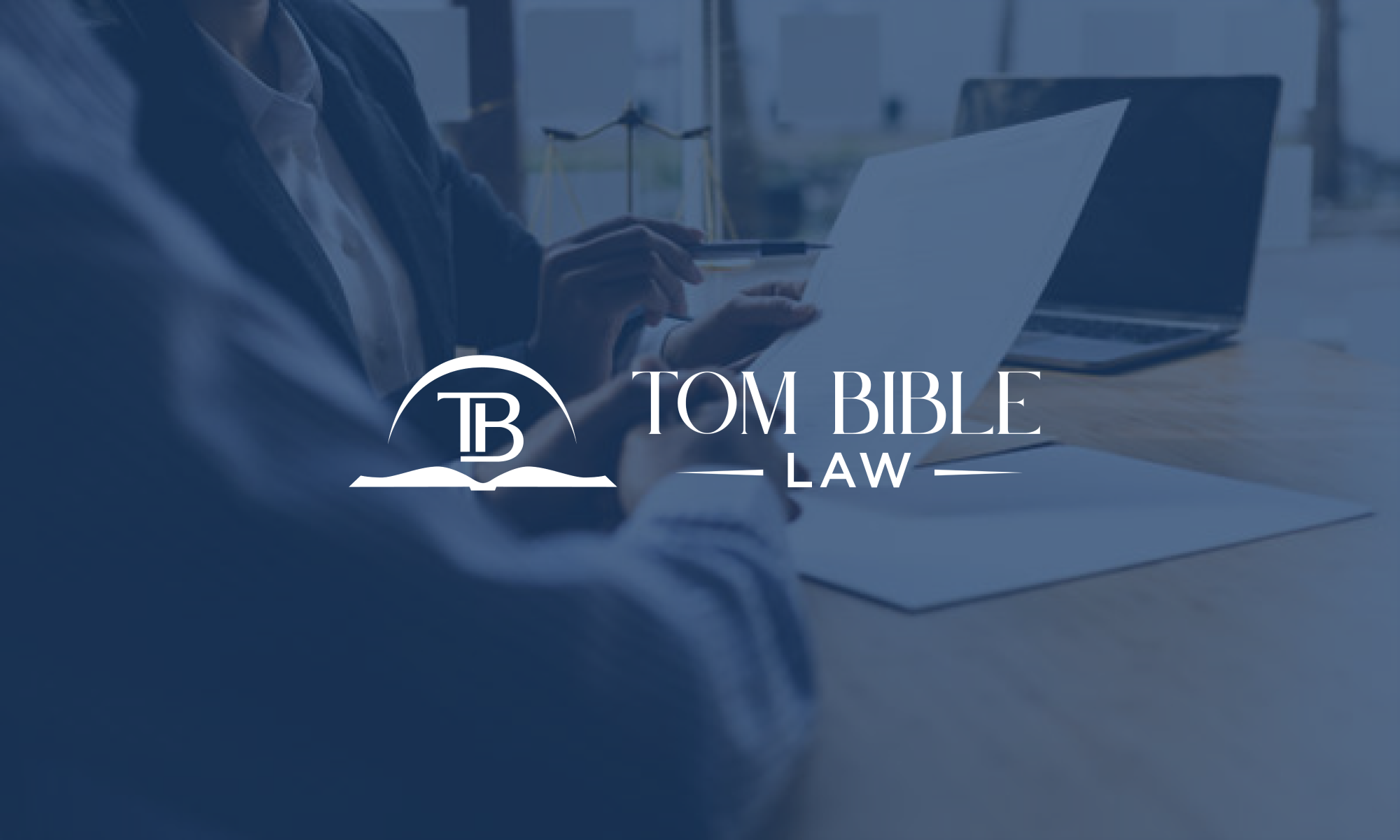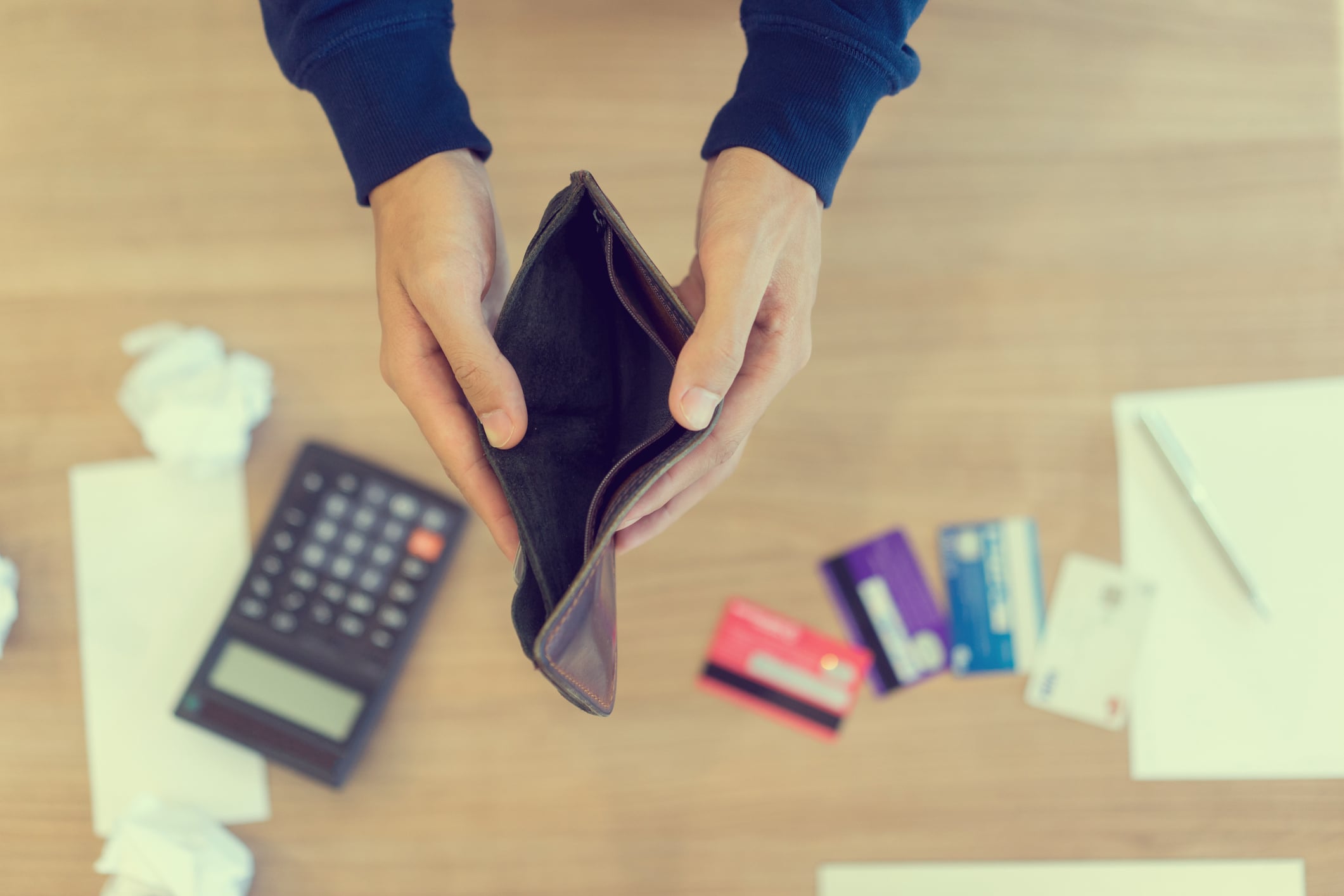Filing for bankruptcy can provide much-needed relief from overwhelming debt, but it also has a significant impact on your credit score. The good news is that it’s possible to Rebuild Your Credit and regain financial stability. Here’s a step-by-step guide to help you navigate this process.
Step 1: Understand Your Bankruptcy
There are two primary types of bankruptcy for individuals: Chapter 7 and Chapter 13. Chapter 7 involves liquidating assets to pay off debts, while Chapter 13 sets up a repayment plan over three to five years. Knowing which type you filed for is crucial, as it affects how long the bankruptcy will remain on your credit report. Chapter 7 stays on your credit report for ten years, whereas Chapter 13 remains for seven years.
Step 2: Review Your Credit Reports
Start by obtaining free copies of your credit reports from the three major credit bureaus—Equifax, Experian, and TransUnion. Review them carefully to ensure all debts included in your bankruptcy are marked correctly. Dispute any errors you find, as inaccuracies can further damage your credit score.
Step 3: Create a Budget
Developing a Realistic Budget is essential for managing your finances post-bankruptcy. Track your income and expenses to ensure you live within your means. Prioritize necessities such as housing, utilities, food, and transportation. This disciplined approach helps prevent future debt and demonstrates responsible financial behavior to potential creditors.
Step 4: Start Building an Emergency Fund
An emergency fund can protect you from unexpected expenses and reduce the need for credit. Aim to save at least three to six months’ worth of living expenses. Start small if necessary, gradually increasing your savings over time.
Step 5: Open a Secured Credit Card
A secured credit card is an excellent tool for rebuilding credit. It requires a cash deposit that serves as your credit limit. Use the card responsibly by making small purchases and paying off the balance in full each month. Timely payments will help rebuild your credit score over time.
Step 6: Consider a Credit-Builder Loan
Credit-builder loans are designed specifically to help individuals build or rebuild credit. With these loans, the borrowed amount is held in a bank account while you make monthly payments. Once the loan is paid off, the funds are released to you, and your payment history is reported to the credit bureaus.
Step 7: Become an Authorized User
Ask a trusted friend or family member with good credit if you can become an authorized user on their credit card account. This allows their positive payment history to reflect on your credit report. Ensure that the primary cardholder uses the account responsibly to avoid any negative impact on your credit.
Step 8: Pay All Bills on Time
Consistently paying all your bills on time is critical for rebuilding your credit. Set up automatic payments or reminders to help you stay on track. Payment history is a significant factor in your credit score, so punctuality is key.
Step 9: Monitor Your Credit Progress
Regularly monitor your credit score and reports to track your progress. Many online services offer free credit monitoring tools. Keeping an eye on your credit helps you identify areas for improvement and detect any potential issues early.
Step 10: Be Patient and Persistent
Rebuilding credit after bankruptcy is a gradual process that requires patience and persistence. Focus on maintaining good financial habits and making responsible credit decisions. Over time, your efforts will pay off as your credit score improves and you regain financial stability.
Rebuilding credit after bankruptcy may seem daunting, but with a structured approach and commitment, it is achievable. By following these steps, you can steadily improve your credit score and work towards a brighter financial future. Remember, the journey to financial recovery is a marathon, not a sprint, so stay dedicated and proactive in managing your finances.
Contact Tom Bible Law Today
If you’re struggling with debt in Chattanooga, don’t face it alone. Contact our experienced bankruptcy lawyers today for a free consultation. We’ll guide you through the process and help you regain financial stability. Call us now to start rebuilding your future. Your path to financial freedom begins here.



